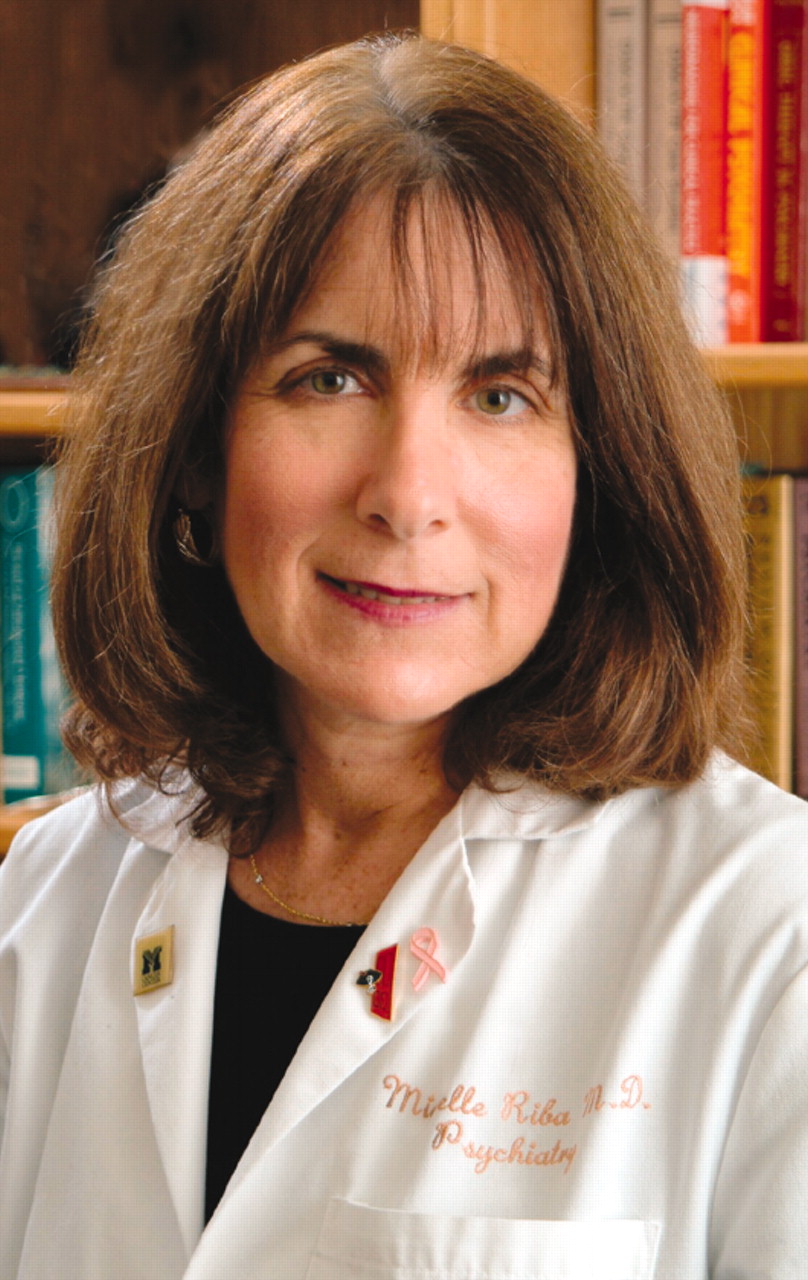Each year representatives of APA and the American Board of Psychiatry and Neurology (ABPN), the independent, nonprofit organization that certifies physicians practicing psychiatry, neurology, or their subspecialties, meet to review the changes and emerging issues for the field of psychiatry.
This year's meeting was held at APA headquarters on February 7 and addressed several important and complex issues that are evolving.
ABPN was represented by Elizabeth B. Weller, M.D., its president; Larry R. Faulkner, M.D., the member at large on its executive committee; Daniel K. Winstead, M.D., one of its psychiatry directors; and Steven C. Scheiber, M.D., executive vice president.
APA was represented by me; Richard Balon, M.D., chair of the Council on Medical Education and Career Development; John Oldham, M.D., chair of the Council on Quality Care; Medical Director James H. Scully Jr., M.D., who is also an ABPN psychiatry director; Deborah Hales, M.D., APA's director of education and career development; and staff Judith Carrier, Ph.D., Kathleen Debenham, M.A., and Nancy Delanoche.
Our meeting was productive and wide-ranging, and I would like to share with you some of the key issues:
•
We are endeavoring to find ways to strengthen the number of psychiatrists who are board certified.
•
There are fewer and fewer psychiatrists who are taking their recertification examinations in their psychiatric subspecialty, including child psychiatry. We are working to turn around these trends.
•
Increasingly, state licensing boards, hospitals, and other key organizations are determining whether psychiatrists (and other physicians) need to take recertification examinations. In other words, even though many of us have lifetime certificates from ABPN, other organizations are requiring recertification.
•
In psychiatry, we still do not allow residents to sit for Part I until after they complete four years of residency. Many other specialties allow or require residents to take their boards prior to graduation.
•
We are working to identify better ways to track or help residents during their training so that they can be more successful at passing their boards.
•
And we are developing new CME initiatives that will assist members as they prepare for recertification.
As you know, the American Board of Medical Specialties, to which the ABPN belongs as a member board, has mandated that all medical specialty boards develop a Maintenance of Certification (MOC) program. This initiative is part of a national movement to increase physicians' accountability to the patients we serve and to improve the quality of medical care provided.
The ABPN and APA are working together to define our respective roles in MOC. APA will have a significant contribution in lifelong learning and self-assessment and has a number of new products that provide valuable services to our members preparing to take the board for the first time or to recertify. Among them:
•
APA's CME Web site at<www.psych.org/cme> offers psychiatrists an electronic tool, called the CME Recorder, to record and organize CME activities. That record can be used to prove the fulfillment of state and APA CME requirements and, in the future, the ABPN's MOC program.
•
Focus: The Journal of Lifelong Learning in Psychiatry covers the recertification topic outline of ABPN and provides an annual self-assessment exam. It has been approved by the APBN to meet the lifelong learning and self-assessment requirements of MOC.
•
Additionally, APA is piloting an online program to assist members in comparing their treatment plans to APA's practice guidelines and also to the treatment plans of colleagues who utilize the performance assessment program. It is our hope that this program will help our members evaluate their performance in practice, which is part of the requirements of the MOC.
•
Last year APA initiated a pilot program to evaluate those who failed Part II boards two or more times. In the study, 24 candidates were evaluated by current board examiners and given feedback on their performance. APA will track their remediation and performance as they retake their boards.
To help us develop a strategy concerning the timing of taking Part I and Part II of the boards, as well as issues related to certification and subspecialty recertification, I have appointed a presidential task force co-chaired by Dan Winstead, M.D. (representing APA and ABPN), and David Goldberg, M.D. (representing APA and the American Association of Directors of Psychiatric Residency Training).
As always, I welcome hearing from you on these important issues. You may reach me at
[email protected].▪

